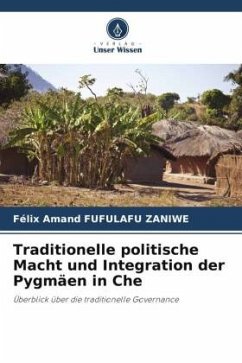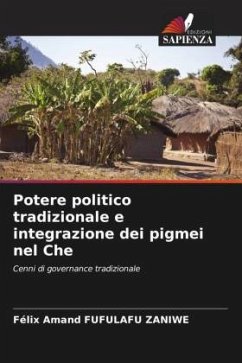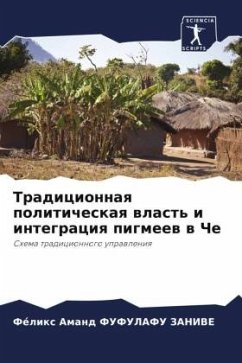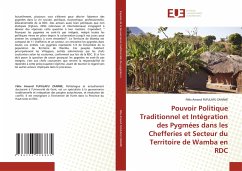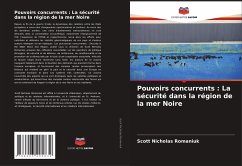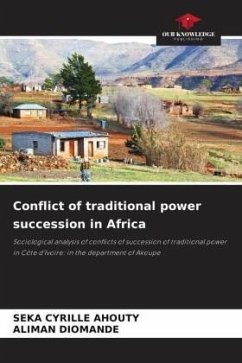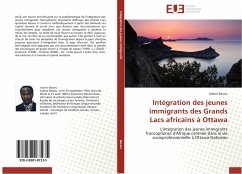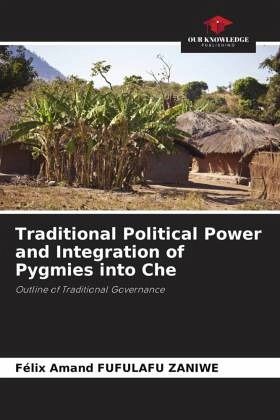
Traditional Political Power and Integration of Pygmies into Che
Outline of Traditional Governance
Versandkostenfrei!
Versandfertig in 6-10 Tagen
51,99 €
inkl. MwSt.

PAYBACK Punkte
26 °P sammeln!
Currently, several voices are raised to decry the absence of pygmies in the social, political, economic, professional and educational life of the DRC. Both political and non-state actors (Churches, national and international NGOs) undertake to provide answers to this question in their own way. However, "Why are the pygmies not integrated, despite all the policies put in place from colonization to the present day to bring the Congolese to live together?". The Territory of Wamba is made up of 11 chiefdoms and one sector. we meet the pygmies in all these entities. Pygmies represent 1/3 of the ent...
Currently, several voices are raised to decry the absence of pygmies in the social, political, economic, professional and educational life of the DRC. Both political and non-state actors (Churches, national and international NGOs) undertake to provide answers to this question in their own way. However, "Why are the pygmies not integrated, despite all the policies put in place from colonization to the present day to bring the Congolese to live together?". The Territory of Wamba is made up of 11 chiefdoms and one sector. we meet the pygmies in all these entities. Pygmies represent 1/3 of the entire population of Wamba Territory. These peoples mainly inhabit the Villageois, entities administered by customary chiefs according to customs, in accordance with the laws of the DRC. And if we have to ask the question of why the pygmies are not integrated, it is up to the customary chiefs to respond to this legitimate concern, before turning their gaze to the other actors involved in the process.



